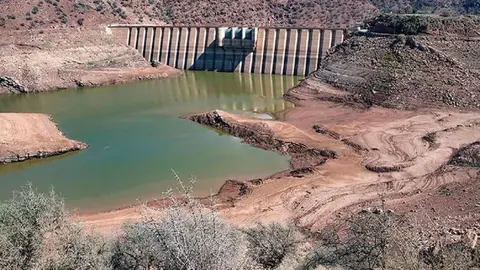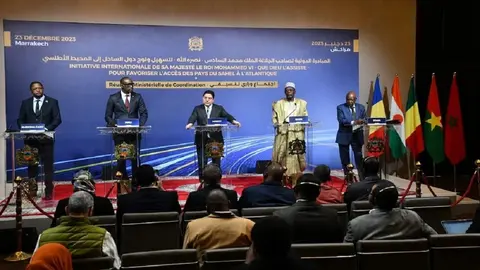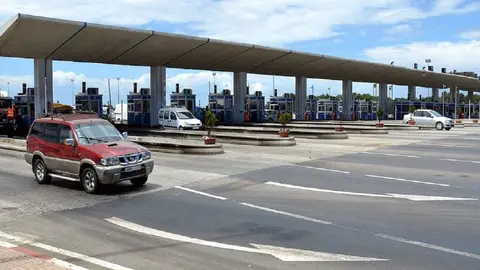Tangier and Agadir account for 9 out of 10 electric stations in Morocco
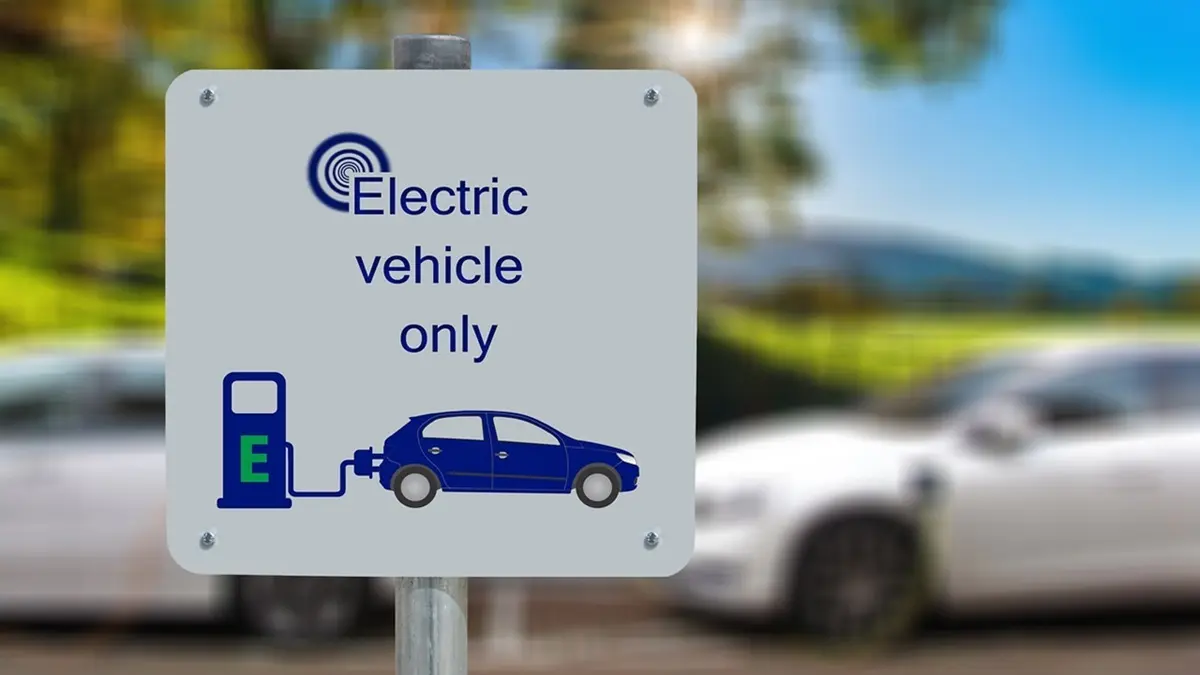
Morocco's commitment to clean energy and a sustainable future continues to develop. The race to keep up with national strategies has been the subject of analysis in the report published by ADM entitled: "Motorways in Morocco: an inclusive and sustainable management model", which is based on 4 points: priority to reforestation, water saving and storage, development of green energies and installation of electric terminals.
- Storing and saving water consumption
- Reforestation and environmental care
- What about renewable energies?
- More electric terminals means more safety and road safety education
"The path to a sustainable future is achieved through our commitment to balance economic efficiency, innovation, environmental responsibility and social well-being, putting every kilometre on the horizon of sustainability," said ADM CEO Anouar Benazzouz.
The first edition of the sustainability action report demonstrates the contribution and evolution in line with new development models, Morocco's national strategy and international commitments. As part of its "green" programme, ADM's efforts focus on reforestation, road construction and conservation of natural resources.

Storing and saving water consumption
Our water supply is limited. This means that the amount of water is not infinite. Conserving and saving water is not just a task for scientists, hydrologists, foresters, urban planners and farmers. Saving water is everyone's problem.
The measures cited in the report involve recycling as the main task in preserving water. For example, the use of DIN A4 paper alone was reduced by 2,065,000 sheets (81%) in 2022 compared to 2019.
The report also emphasises the conservation of natural resources and biodiversity, wastewater treatment in serviced areas and reuse for irrigation of green areas, dry compaction and pre-treatment of rainwater. All this to save some 4 million cubic metres of water.
In other areas such as the recycling of materials for road maintenance, the implementation of digital administrative processes and the optimisation of consumption, ADM has recognised in its report that the efforts of Moroccan society are exceeding all expectations.
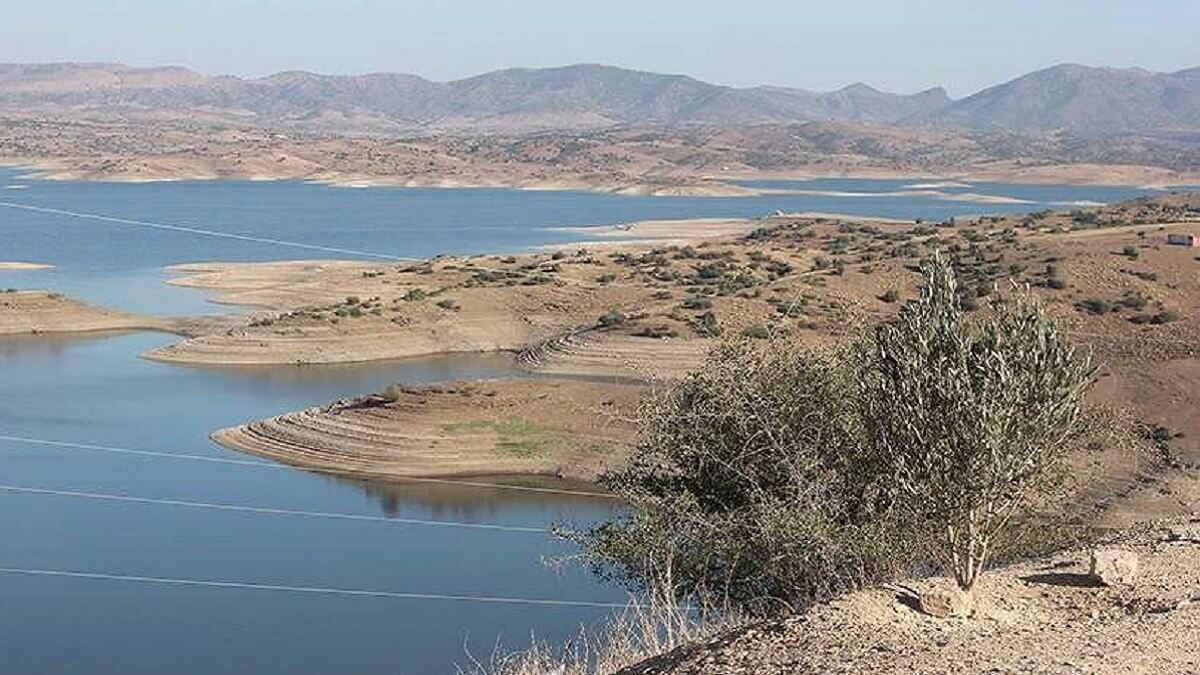
In the field of biodiversity, ADM is involved in the conservation of the natural flora palette of intermediaries and its use in the region and, in cooperation with the High Commission for Water and Forests, participates in conservation programmes for endangered species and, meanwhile, hydraulic structures ensure the passage of small fauna at road level.
Reforestation and environmental care
According to the report, by the end of 2022, 939,800 trees were planted and 1,955 hectares of forest were cultivated. Deforestation is defined as the process of stripping forest land of its vegetation. One of the main problems is the slow recovery of ecosystems to their pre-logging state.
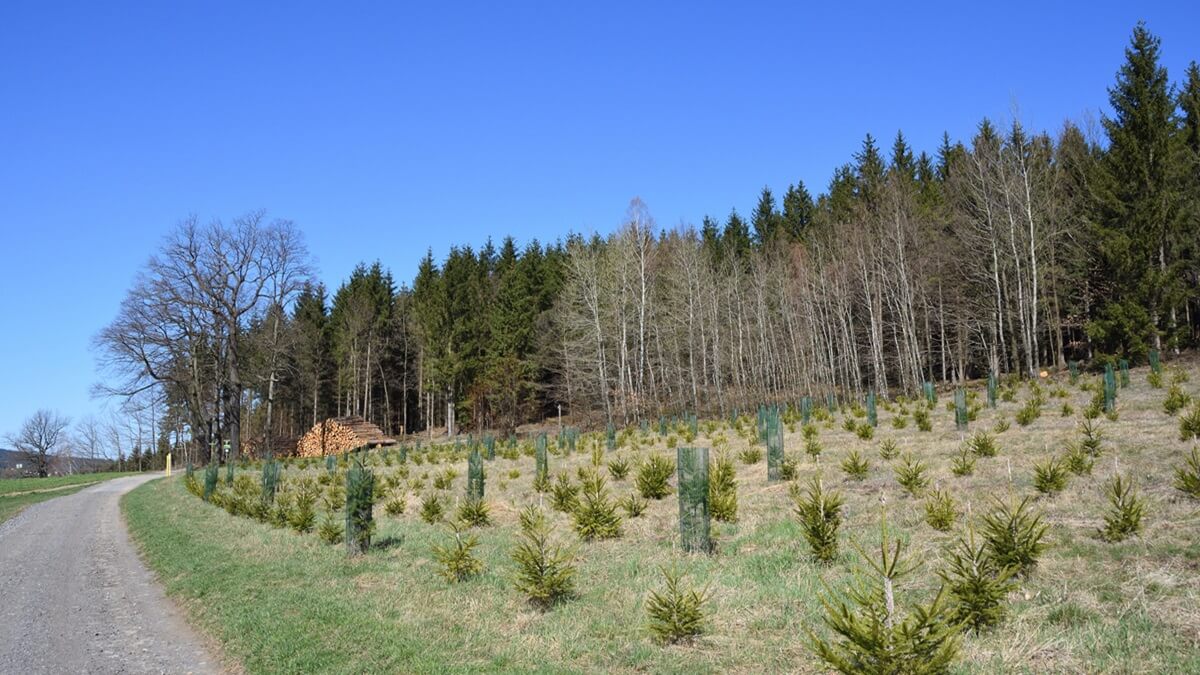
On the one hand, reforestation would help the Alawi nation receive more rainfall, as trees are one of the main attractions of the rains. It would also drastically reduce the amount of land that is desert or in danger of desertification, better conserve natural habitats, and thus help to reduce climate extremes.
Compensatory afforestation affected all constructed road axes, the area of which far exceeded the area deforested. The report sheds light on the Al Ard programme. The result includes a 35-hectare on-site treatment dam, which produces 150,000 plants for roadside soil stabilisation each year. The development and subsequent activities of the National Institute of Agriculture (INRA) were realised thanks to the collaboration of more than 10,000 people.
The placement of road facilities (rest areas, toll plazas, central reservations, embankments, interchanges) has always been part of infrastructure projects with a colour palette adapted to the areas crossed by the road network, requiring minimal irrigation.
What about renewable energies?
On the energy side of the Azure programme, ADM has implemented concrete initiatives such as the installation of photovoltaic panels at 4 locations and the replacement of traditional lighting with LED systems. "These measures reflect our concern to reduce our ecological footprint through the use of renewable energy sources," reads the report.
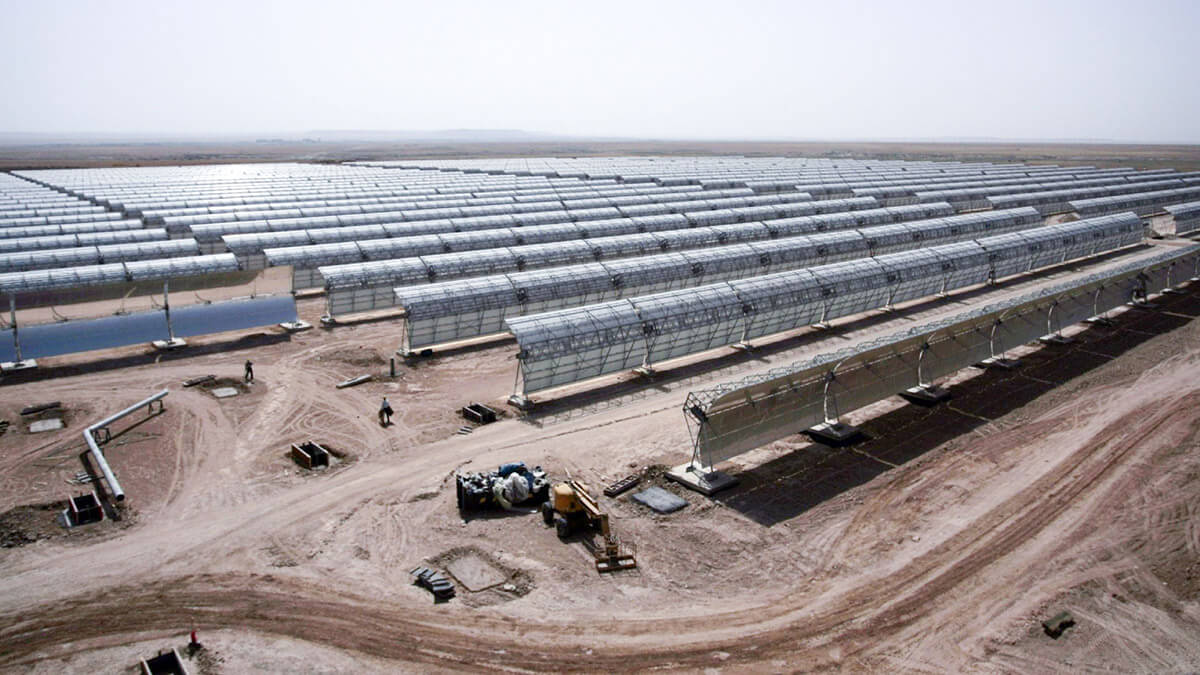
By choosing solar panels, ADM contributes to the production of green energy while reducing dependence on fossil fuels, and indicates that 50 per cent of the line will be equipped with LED lights for street lighting and that the four ADM charging zones will operate autonomously during the day using solar energy.
More electric terminals means more safety and road safety education
In terms of electric mobility, ADM has implemented a network of long-distance electric vehicle charging stations with a 90% deployment rate on the Tangier-Agadir axis. The average distance between each terminal is 26 km. These concrete measures reflect the commitment to promote green mobility.
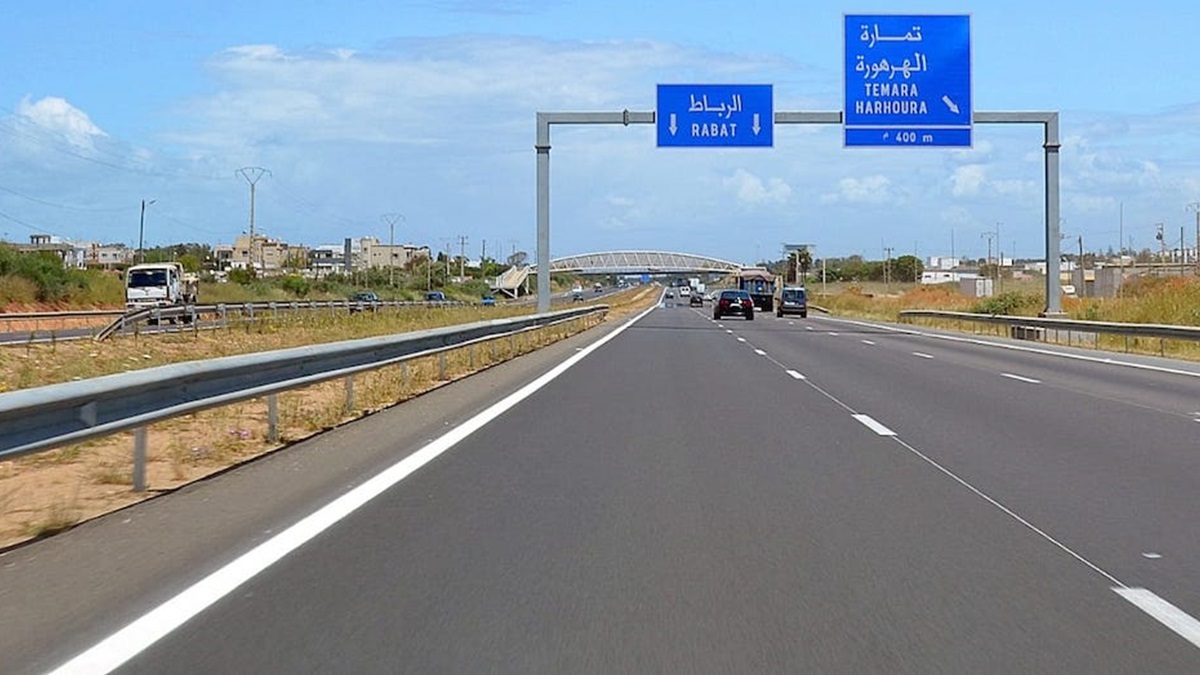
ADM also recalled that since 2008, the J/Jóvenes Esperanzas programme has been implemented in cooperation with the National Ministry of Education and the Ministry of Pre-school and Sports to support rural schools on the edge of the road network. In 2022, more than 3,600 pupils were involved in these programmes to improve their mental health status and receive rehabilitation therapies.
In the area of road safety awareness, ADM, in collaboration with the Association of Heavy Vehicle Drivers of El Boughaz (ABCPL), launched the first "iftar" operation for heavy vehicle drivers in the month of Ramadan in 2022.
It stresses the importance of taking breaks on the highway. Especially during the holy month, the risk of accidents can increase due to lack of sleep and reduced alertness while driving. ADM seeks to improve the driving behaviour of motorway drivers.

